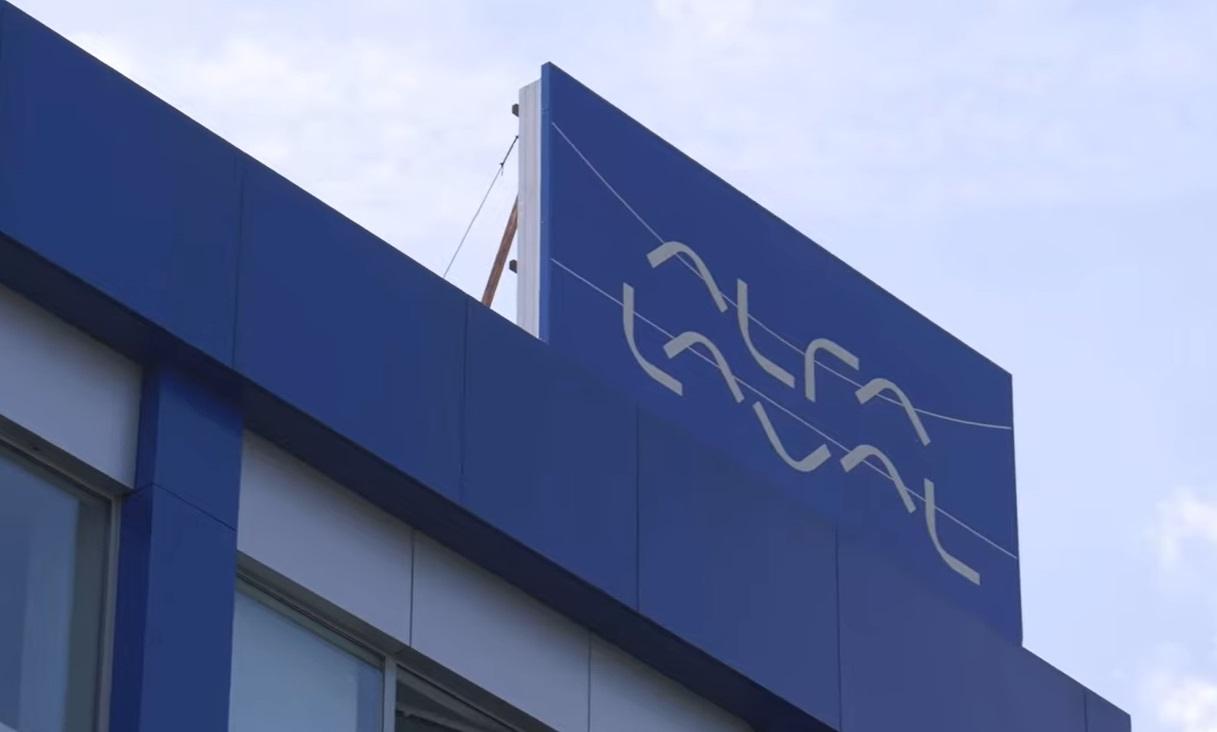Cargill Launches Large Scale Water Restoration Program
Food and agriculture giant Cargill announced several actions it will embark upon towards its newly established sustainable water management commitments. Most notably, the company has set a target to restore 600 billion liters of water by 2030, and to reduce 5 million kg of pollutants in watersheds.
Industrial food production and agriculture can generate significant environmental footprints, in terms of emissions, water use, land use, etc. According to Cargill, approximately 70% of the world’s freshwater is used for agriculture alone, driving an urgent need for the industry to protect this vital resource.
Introducing the new commitments, Dave MacLennan, Cargill’s Chairman and CEO, said:
“The world relies on access to clean water, for health, nutrition and economic prosperity. We must find ways to improve water quality and availability in the communities where we live and work, while also advancing the sustainability and efficiencies of our supply chains. We are focusing on the specific challenges faced by local communities and watersheds to accelerate our positive impact.”
Cargill outlined its specific commtiments as follows:
- Restore 600 billion liters of water in priority watersheds
- Reduce 5 million kg of water pollutants in priority watersheds
- Improve access to safe drinking water in 25 priority watersheds
- Implement our Water Stewardship program at 81* priority facilities
According to the company, the targets are science-based, developed in partnership with the World Resources Institute (WRI). Sara Walker, Senior Manager, Water Quality & Agriculture at the World Resources Institute, said:
“Cargill’s targets represent the next generation of water targets. While for years companies have set targets that try to address global water issues, the local nature of shared water challenges has meant targets aren’t necessarily meaningful in the areas in which companies operate or from where they source. But Cargill’s latest ambition sets targets specific to the catchment context and severity of the local water challenges. WRI applauds this leading approach and believes it will help pave the way for other companies across the world to adopt – and act upon – their own contextual water targets so that we can collectively move the needle on more sustainable water use.”
Cargill outlined several of the actions it will take to achieve the newly announced commitments. These include supporting research by academic and other organizations, along with farmer engagement to help farmers not only improve the productivity of their operations and the health of their soil, but also improve water quality through reduced nutrient loss and help reduce the algal blooms that impact Lake Erie and inland drinking water sources. Cargill will continue working in Mexico with Bimbo and the International Maize and Wheat Improvement Center (CIMMYT) to implement programs that enable corn farmers to adopt sustainable agriculture practices such as soil conditioning, fertilizer and nutrient management and improved irrigation. Cargill has also announced that it has joined the Iowa Soybean Association and Quantified Ventures to collaborate on a market-based program aimed at improving soil health, carbon storage and water quality on nearly 9,500 acres in Iowa.
Additionally, Cargill announced that it is working with partners globally, such as CARE in Indonesia, to improve access to clean drinking water and sanitation.
Cargill is a member of the Water Resilience Coalition, a CEO-led initiative to reduce global water stress by 2050. The coalition aims to preserve the world’s freshwater resources through collective action and ambitious, quantifiable commitments to create a water resilient future.
MacLennan added:
“Agriculture is how we’ll get this done. When we invest in regenerative agriculture programs that enhance soil health and reduce greenhouse gas emissions, we also improve water quality, increase drought resilience and improve access to clean water. By working across the industry and sharing best practices, we can protect the world’s freshwater resources and help create a resilient, equitable economy with enough clean water for all.”





